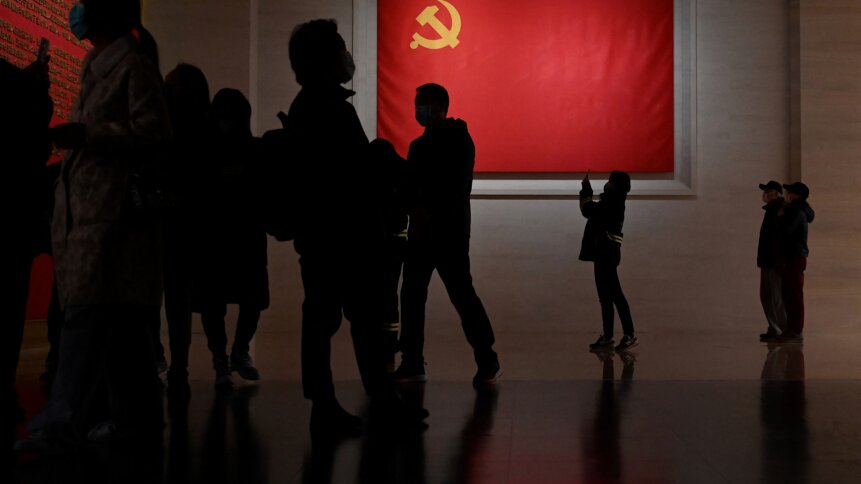Ahead of summit, did the US just tighten restrictions on China again?

- The Secure Equipment Act of 2021 also means that the FCC will no longer review or approve any authorization applications for networking equipment that poses alleged national security threats
- Chinese telecommunications firms Huawei, ZTE, Hytera Communications, Hangzhou Hikvision Digital Technology, and Zhejiang Dahua Technology are also on the list
- For Xi Jinping, China-US relations are currently “at a critical historical juncture”
Earlier this week, it was reported that US President Joe Biden and Chinese President Xi Jinping are expected to hold a virtual summit next week. Just days ahead of that meeting however, Biden signed legislation that would prevent companies like Huawei Technologies Co or ZTE Corp from receiving new equipment licenses from US regulators.
Known as the Secure Equipment Act of 2021, the legislation will require the Federal Communications Commission (FCC) to adopt new rules that clarify it will no longer review or approve any applications for networking equipment that might pose national security threats. To recap, the FCC categorized Huawei and ZTE as national security threats last year as the agency found that both companies had close ties to the Chinese Communist Party and China’s military apparatus.
To top it off, FCC commissioner Brendan Carr has repeatedly asked for the legislation to be passed since March this year. Within the same period, FCC has authorized 3,000 applications for Huawei networking equipment to be used. At that time, Carr reiterated that “once we have determined that Huawei or other gear poses an unacceptable national security risk, it makes no sense to allow that exact same equipment to be purchased and inserted into our communications networks as long as federal dollars are not involved.”
He reckoned that the presence of these insecure devices in US’ networks is the threat, “not the source of funding used to purchase them.” The FCC also removed the authority for China Telecom to operate in the US at the end of last month. China’s national service provider is required to pack up and stop its domestic and international services by Christmas.
Besides Huawei and ZTE, the Secure Equipment Act of 2021 also flagged other Chinese companies as national security threats including Hytera Communications Corporation, Hangzhou Hikvision Digital Technology Company, and Dahua Technology Company
As Reuters reported, Carr said that “the law will help to ensure that insecure gear from companies like Huawei and ZTE can no longer be inserted into America’s communications networks.” Huawei’s misfortunes aren’t something new. In fact, it started back in 2019 when the Trump administration placed it on an Entity List banning it from doing business with US firms.
For a brief period, however, there was hope that the Biden government would show Huawei some leniency. That possibility started to appear bleak when Commerce Secretary Gina Raimondo told Bloomberg that she sees “no reason” why Huawei and other Chinese companies shouldn’t remain under the trade embargo.
In response to Raimondo’s remarks, a Chinese Foreign Ministry spokesman said that the eastern country remains opposed to sanctions imposed on its corporations by the US. “We urge you to stop this wanton oppression against Chinese companies,” spokesman Wang Wenbin said.
The upcoming meeting between Biden and Xi is meant to be a part of the ongoing efforts by the US to “responsibly manage” competition between the two countries. CNBC reported that Xi said China is willing to work with the US — “on condition of mutual respect”. He also mentioned that China-US relations are currently “at a critical historical juncture.”










